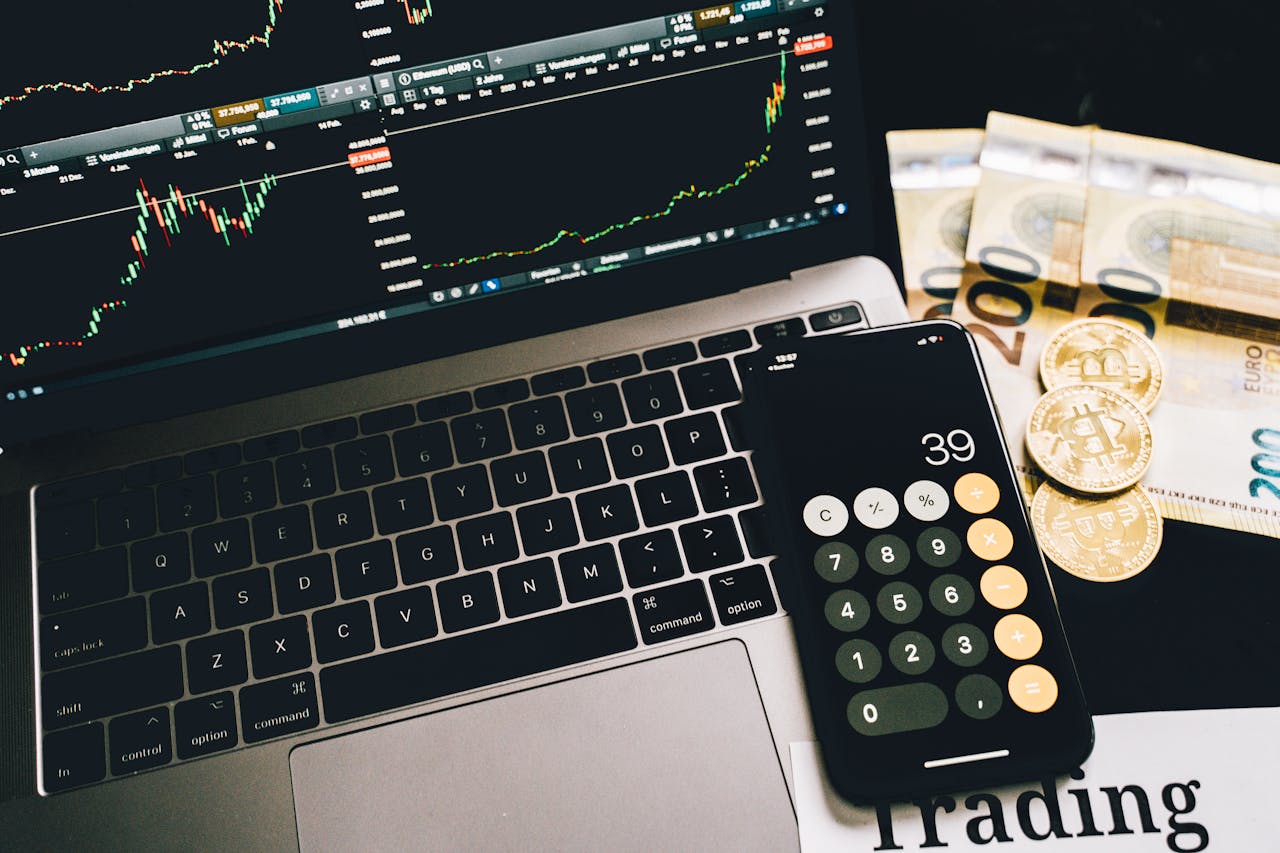Featured
Fintech Company in-Lire Buys Umbrex Circuit, a Year After Acquiring Tibex
in-Lire business is based, in practice, on the use of trade credit, which is used as currency to pay for goods and services among the companies in the circuit. In this way, a virtuous circle is created that can support businesses and help them at any time of crisis: in fact, the mutual credit between these businesses is born under conditions of strong trust.

in-Lire, the Italian complementary money network that now has more than 1,600 companies and over 2,000 operational in-Lire accounts, has made a new acquisition, just over a year after that of the Tibex network, which was initially active in the Lazio region. It is the Umbrex network, a branch of Link 3C Società Cooperativa, a circuit with 300 SMEs operating in the Umbria region under its belt.
Already in October, the fintech company had exceeded €34 million transacted since it began operations in 2018, and according to managers’ forecasts, by the end of the year it will exceed €15 million in 2022 alone. Thanks to this second m&a transaction and the organic growth of the network, the circuit has grown by more than 1,000 firms in the past 12 months, a network of businesses and self-employed individuals who continuously match for trade of all kinds and sizes.
Read more about in-Lire and find other important business news with the Born2Invest mobile app.
The business is based, in practice, on the use of trade credit
Founded in Turin in 2017 by Romi Fuke and Marco Negro, in-Lire began its activities as mentioned in mid-2018 in Lombardy, with the aim of supporting small and medium-sized businesses to network through the tool of compensatory credit. Through an annual subscription, registered companies have credit available to finance current expenses and investments that can then be “repaid” through the offer of their goods and services to other companies in the circuit.
The business is based, in practice, on the use of trade credit, which is used as currency to pay for goods and services among the companies in the circuit. In this way, a virtuous circle is created that can support businesses and help them at any time of crisis: in fact, the mutual credit between these businesses is born under conditions of strong trust, and is generated by the growth of the participants’ turnover, and performs precisely the function of a complementary currency, which flanks but does not replace the euro. The startup had cashed in its first round in August 2019, underwritten by a club deal led by incubator BeMyCompany, founded by Antonio Quintino Chieffo.
In July 2020 In-Lire was transformed into a joint-stock company, and in September of the same year it announced the imminent launch of a €500,000 equity crowdfunding campaign on the We Are Starting platform, preparatory to the listing, but then the operation had not started.
In July 2021 In-Lire became a benefit company
And in December of the same year, as mentioned, it acquired Tibex, which was established in 2013 when Sardex (now SardexPay), after developing the concept of a complementary credit and currency network in Sardinia, had begun to apply it to other Italian regions Tibex originally covered the territory of Lazio. Subsequently, Tibex became independent in 2020 and was headed by a group of entrepreneurs’ groups united in Gestione 3C srl.
President Romi Fuke said, “This transaction on the one hand demonstrates the solidity and attractiveness of our business model, given that many realities similar to ours admit to seeing us as a virtuous market reference, and on the other, it strengthens us in the Central-Southern regions, confirming our national vocation.”
The sector of complementary currencies is gaining more and more relevance, also depending on a period when there is less and less liquidity for small and medium-sized enterprises. If there were crises in the traditional banking and monetary system, these systems would play a key role in the social and economic stability of the territories where they operate. To date, the most established complementary currency is the Swiss banking WIR, which has reached a size that allows it to have a macroeconomic impact. Germany’s Chiemgauer complementary currency generates 0.2 percent of Bavaria’s GDP.
__
(Featured image by PublicDomainPictures via Pixabay)
DISCLAIMER: This article was written by a third party contributor and does not reflect the opinion of Born2Invest, its management, staff or its associates. Please review our disclaimer for more information.
This article may include forward-looking statements. These forward-looking statements generally are identified by the words “believe,” “project,” “estimate,” “become,” “plan,” “will,” and similar expressions. These forward-looking statements involve known and unknown risks as well as uncertainties, including those discussed in the following cautionary statements and elsewhere in this article and on this site. Although the Company may believe that its expectations are based on reasonable assumptions, the actual results that the Company may achieve may differ materially from any forward-looking statements, which reflect the opinions of the management of the Company only as of the date hereof. Additionally, please make sure to read these important disclosures.
First published in Be Beez, a third-party contributor translated and adapted the article from the original. In case of discrepancy, the original will prevail.
Although we made reasonable efforts to provide accurate translations, some parts may be incorrect. Born2Invest assumes no responsibility for errors, omissions or ambiguities in the translations provided on this website. Any person or entity relying on translated content does so at their own risk. Born2Invest is not responsible for losses caused by such reliance on the accuracy or reliability of translated information. If you wish to report an error or inaccuracy in the translation, we encourage you to contact us.

-

 Crypto5 days ago
Crypto5 days agoThe Crypto Market Rally Signals Possible Breakout Amid Political Support and Cautious Retail Sentiment
-

 Impact Investing2 weeks ago
Impact Investing2 weeks agoEuropeans Urge Strong Climate Action Amid Rising Awareness and Support
-

 Crypto1 day ago
Crypto1 day agoBitcoin Hits New Highs in USD, But Euro Investors See Limited Gains
-

 Crypto1 week ago
Crypto1 week agoXRP vs. Litecoin: The Race for the Next Crypto ETF Heats Up

















